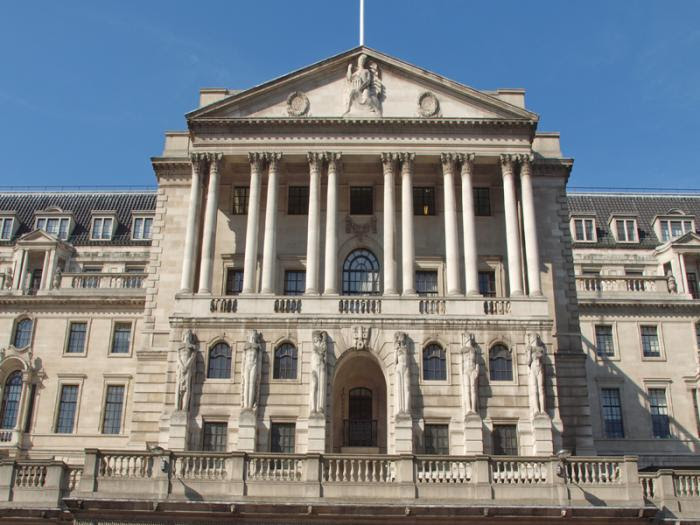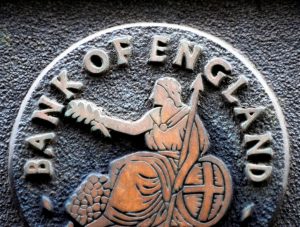
The Bank of England (BoE) is ramping up its efforts to research and develop fintech and understand distributed ledger technology (DLT). During the recent launch of UK’s FinTech Accelerator program, BoE chief cashier Victoria Cleland discussed the firm’s technology options with blockchain protocol.
BoE Executive Says DLT Questions Need Exploring

The BoE accelerator began in London, focusing solely on R&D efforts in a working partnership with fintech firms. The program will develop innovative technologies on “issues that matter to the Bank’s mission and operations,” the company said.
Cleland’s speech focused around the bank’s intentions to explore fintech and distributed ledger technology. She said:
We also need to understand the technology options. Could, and should CBDC be delivered using DLT, and is this technology the best way to achieve the necessary scalability and resilience? What are the implications on privacy, and how could the rules for the operation of the distributed ledger be managed?
The bank has been interested in virtual currencies and blockchain technology for some time. In July, Bitcoin.com reported on its paper regarding a central bank-based cryptocurrency. The paper stated that a centralized crypto could raise the UK’s GDP “by almost 3%.” However, in Cleland’s speech, she said she believes the technology is in its very early stages and the BoE should explore its options.

“DLT is still in its infancy, and there are numerous questions that need exploring. The Bank has already undertaken a proof of concept using this technology, and we are looking for new opportunities through our FinTech accelerator,” Cleland said.
She added that the latest wave of fintech has brought high expectations, and a considerable amount of attention has been focused around DLT. There are projects in the works that could “reshape the trading and settlements landscape,” and “peer-to-peer deposit and lending schemes could disintermediate incumbent banks.”
Bank of England DLT Proof of Concept Is Currently Being Piloted
The London accelerator is also working with “Big Four” global auditor PwC on its DLT proof of concept. The BoE is also working with BitSight, which uses publicly-available bulk data to assess firms’ cyber-resilience — and Privitar, that provides tools to anonymize and desensitize data. BoE seems to be focused on its DLT but says it’s also interested in other areas of fintech such as anomaly detection and pattern recognition with machine learning.
BoE seems steadfast on playing a significant role within the blockchain landscape. Its recent reports, and Victoria Cleland’s speech, show BoE wants these technological developments to progress the bank’s infrastructure. With its London FinTech Accelerator program and existing distributed ledger network, the Bank is taking the necessary steps in order not to be left behind.
